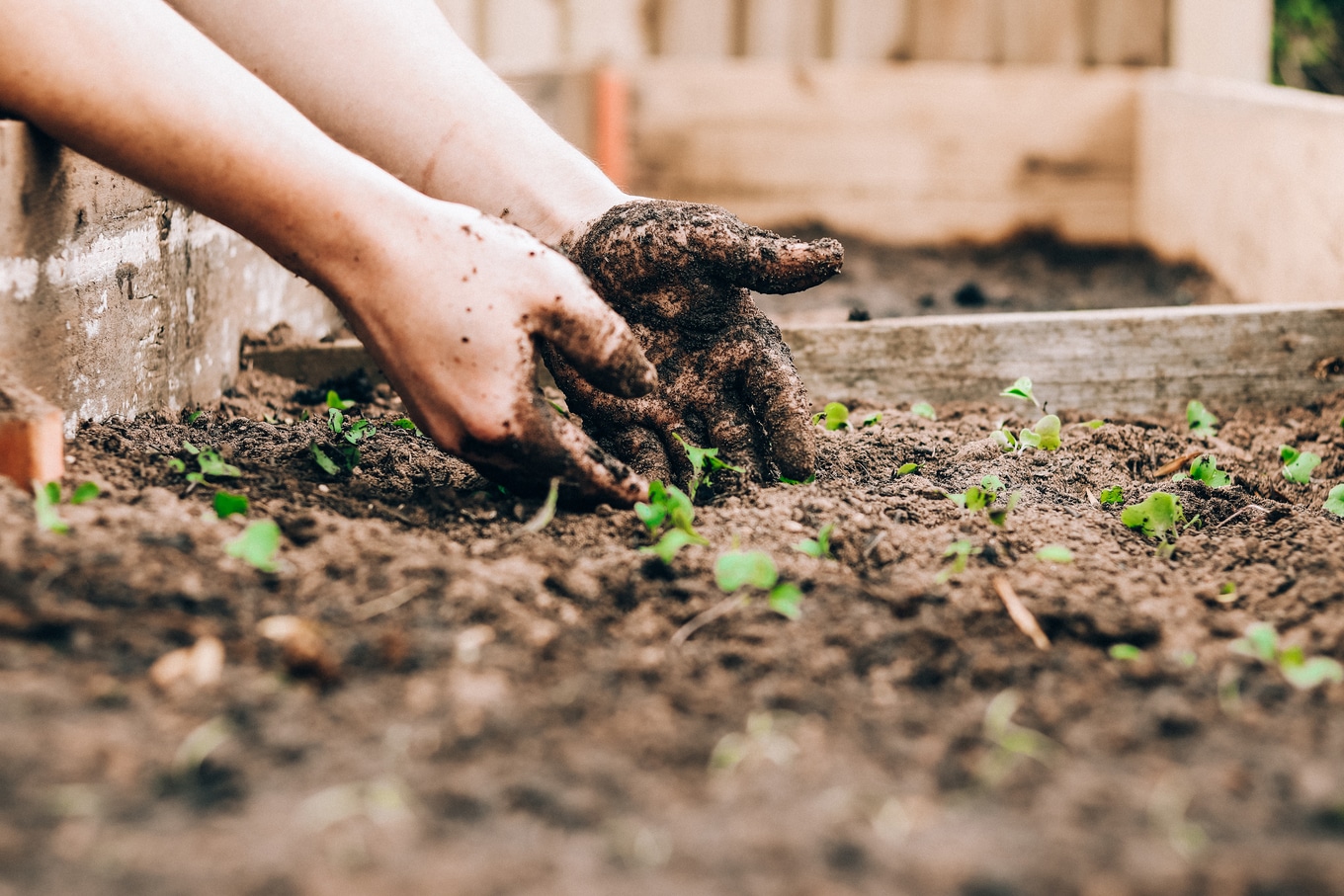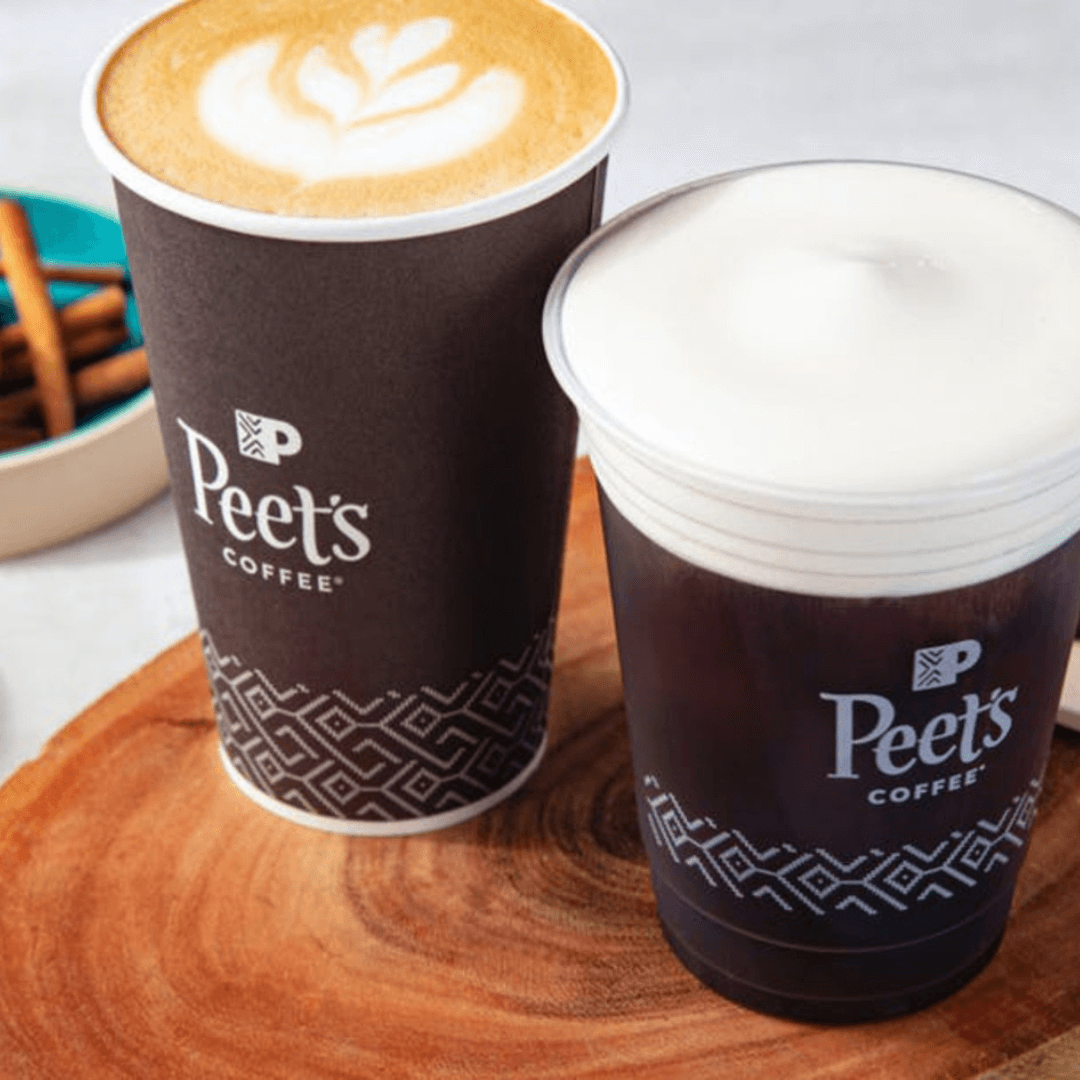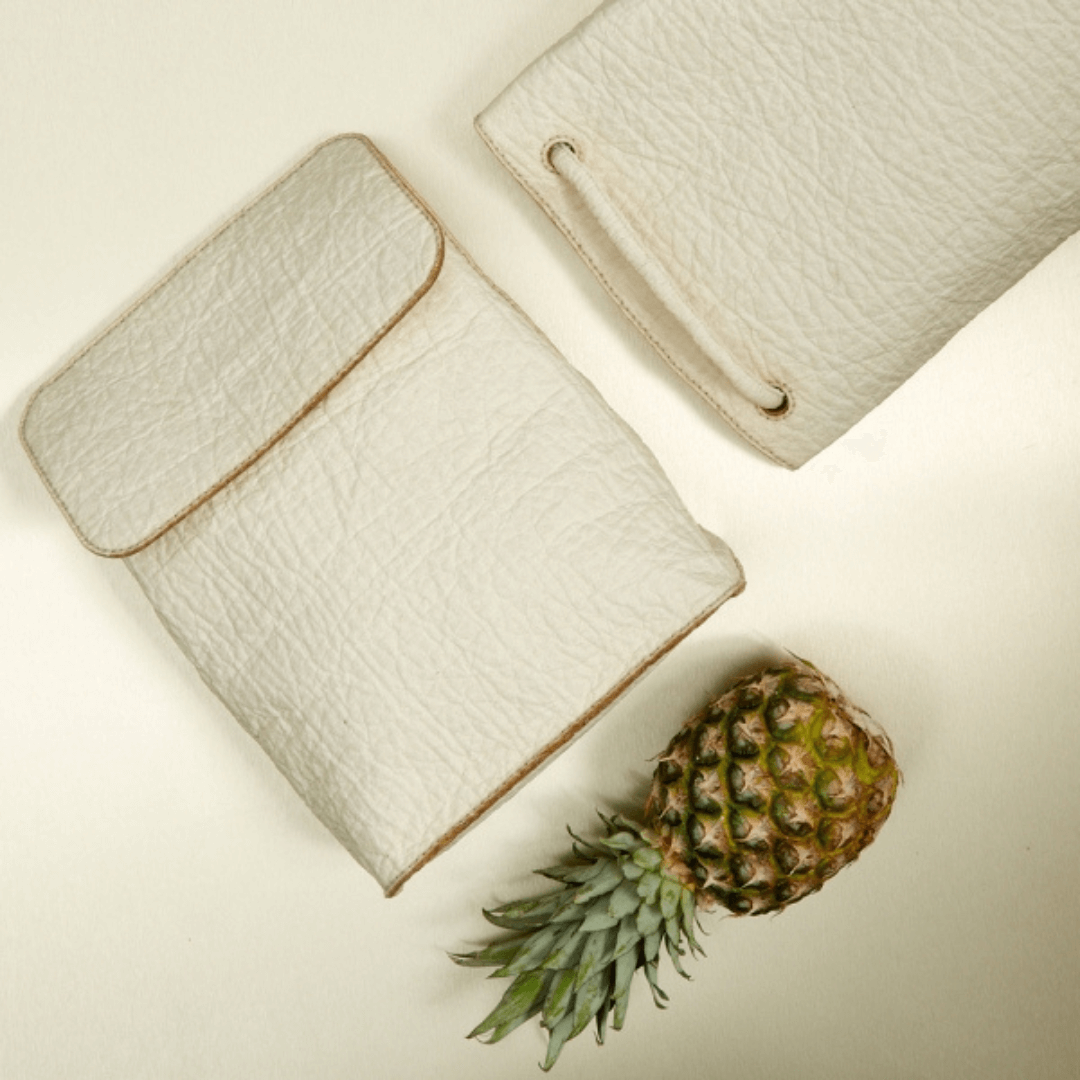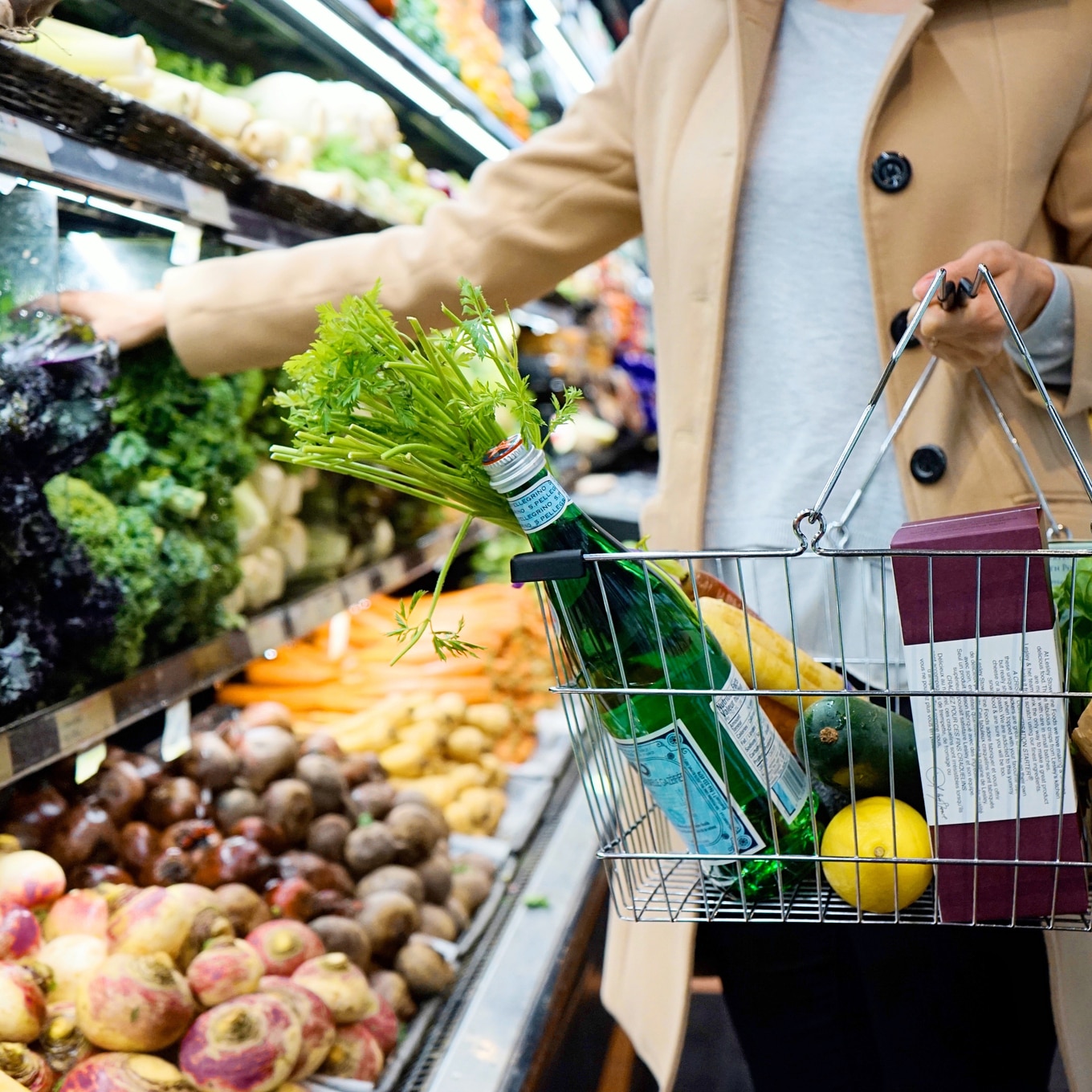When Girolamo Benzoni was first offered an early version of hot chocolate in 1575, he declared it wasn’t “a drink for humanity.” The Milanese merchant had traveled to Mexico after it had been colonized by the Spanish and had been presented with the drink by the Indigenous people. But after a while, amid a shortage of wine, he decided to try a sip, and he was converted. “It was satisfying and refreshing,” he recalled. “Even if it had a bitter taste.”
Benzoni was well behind the Spanish, who had already developed a love for the Mayan recipe. In true colonizer style, they took the concept and brought it back to Europe. They added sugar to combat the bitterness, and the drinking chocolate most of us are familiar with today was born. It would be a few centuries before anybody tried to take cocoa beans and form a chocolate bar. And we all know what happened after that (hey Cadbury’s).
But before chocolate became the sugar-laden, billion-dollar, juggernaut industry it is today, cacao beans were seen by the Mayans as a health-promoting ingredient. And research suggests they were on to something. In its least processed form, chocolate does have health benefits. In fact, it can even be a nutritious addition to your diet. Brands like vegan and superfood-focused Earth Echo are committed to spreading awareness of that fact. Here’s why.
Table of Contents
What is chocolate?
Chocolate comes from the fruit of Theobroma cacao trees, which grow large pod-like fruits, and the seeds inside are small beans, which are known as cacao beans. The trees grow all over the world, but right now, the biggest bean producers in the chocolate industry are the Ivory Coast and Ghana. After roasting, cacao beans are usually referred to as cocoa, although sometimes the terms “cacao” and “cocoa” are used interchangeably.
When you see the term “cacao” on a product, this usually means the chocolate is closer to its natural form, and has been minimally processed. But the term “cocoa” is likely more familiar to most because to create many of the chocolate products on the market today, beans are roasted, crushed, ground up, and processed, before they are combined with ingredients like milk, sugar, and artificial flavorings.
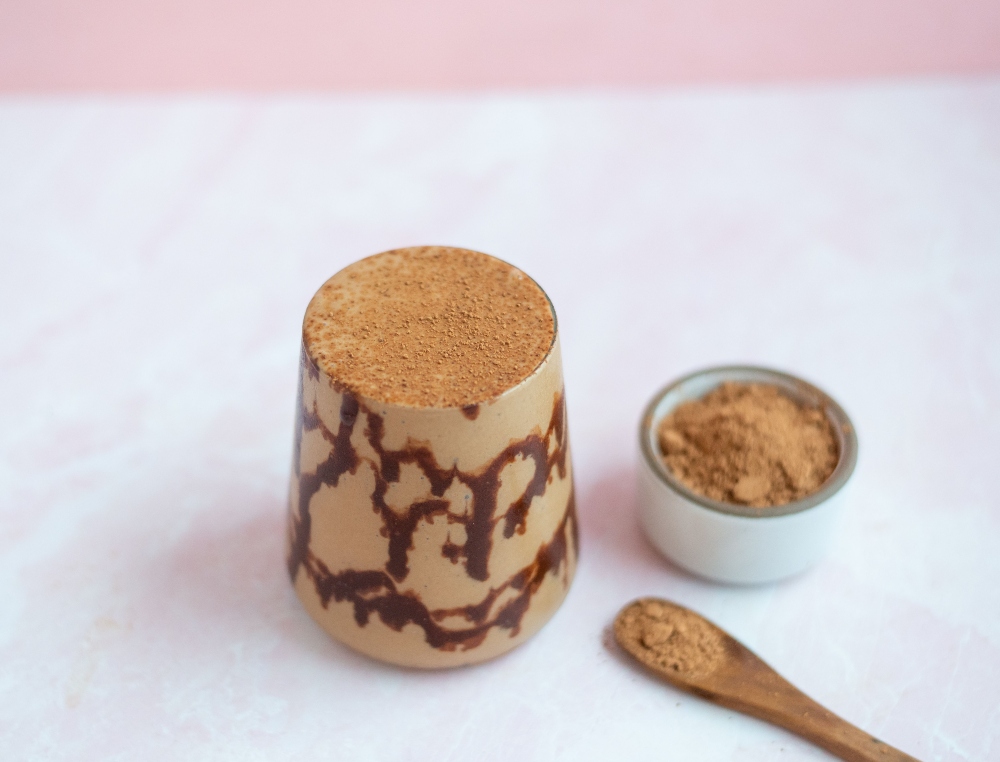 VegNews
VegNews
Chocolate nutrition and benefits
Research shows that, just like the Mayans believed, chocolate does have health benefits. But to reap these, ideally, it needs to be the minimally processed version (so we’re not talking about milk or white chocolate here).
If you’re in the store, look for dark chocolate products with high cocoa percentages (preferably 70 percent or higher). These options are high in nutrients like fiber, iron, magnesium, copper, and manganese. Or, you can look online, and find brands like Earth Echo, which offers minimally processed, nutrition-packed chocolate products like drinking chocolate and bites.
“Cacao is an incredibly nutritious superfood. It offers numerous physical and mental health benefits,” says the brand’s co-founder and cacao bean superfan Danette May. “From providing essential nutrients to improving brain health and heart health, cacao has the potential to significantly improve our overall health and well-being,” they add.
And their viewpoint is backed up by research. In 2017, a study published in the Journal of the American Heart Association suggested that combining small amounts of these three foods daily reduced levels of “bad cholesterol,” a contributing risk factor for heart disease. Plus, further research has indicated that the flavanols from cocoa may be associated with a reduction in age-related cognitive dysfunction.
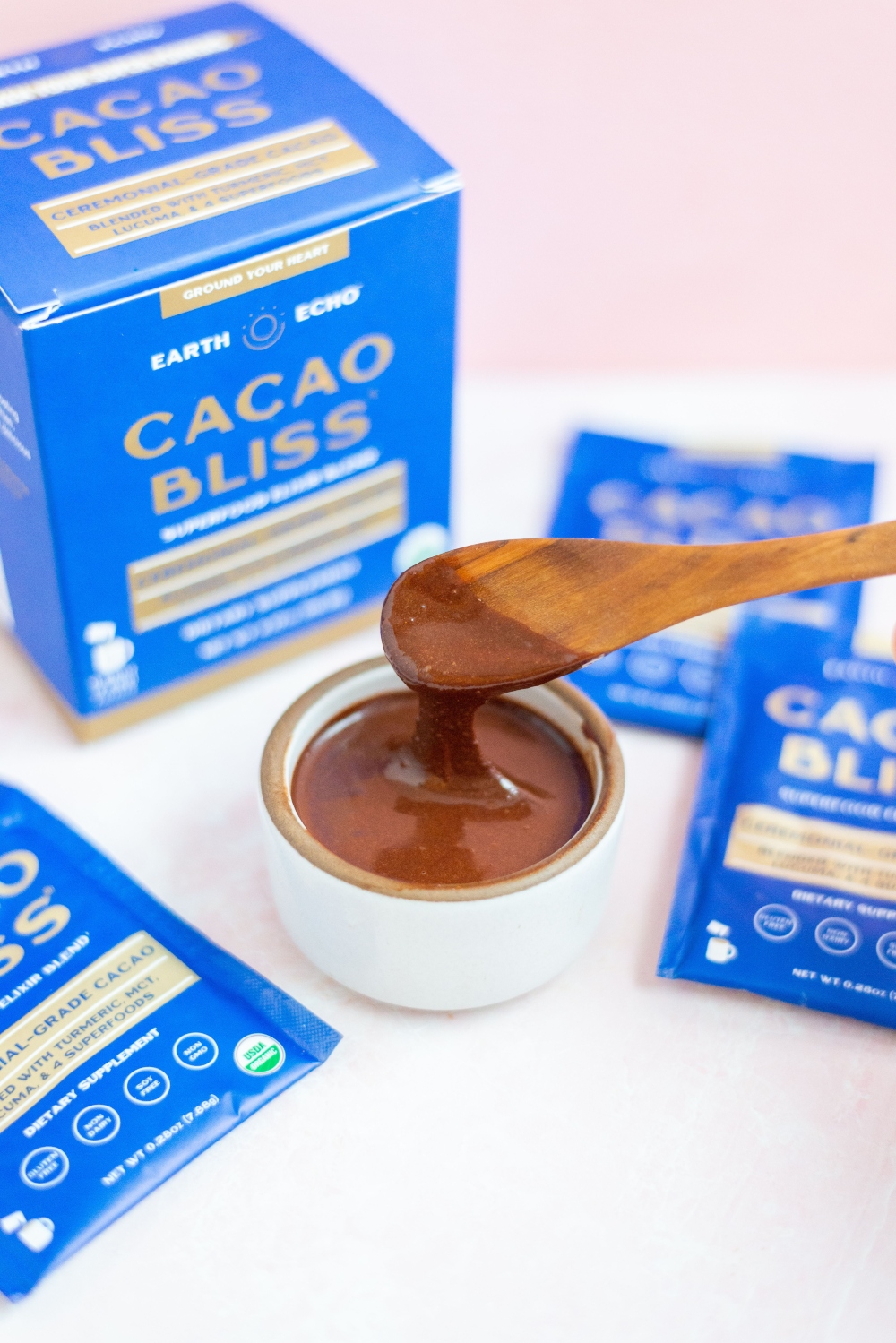 VegNews
VegNews
What is a superfood?
May is of the opinion that chocolate is a “superfood.” And has built the entire brand of Earth Echo around this concept. But what actually is a superfood?
There is no legal definition of the term, but in general, it is widely accepted to mean a food that offers a huge amount of nutritional benefits, but without a lot of calories. For example, avocados, blueberries, spinach, garlic, turmeric, and sweet potatoes have all been dubbed “superfoods” in the past. But does chocolate deserve the same title?
Is chocolate a superfood?
“Superfoods are nutrient-dense foods that have numerous health benefits,” says May. “They are packed with vitamins, minerals, antioxidants, and other beneficial components that can help boost your health and improve your overall wellness.” So when consumed without all the processing and extra milk and artificial flavorings, chocolate does also fit the superfood bill.
It’s not only fiber- and vitamin-rich, but some research has shown that it has even more antioxidants than blueberries, as well as other fruits like cranberries and pomegranates. And really, it makes sense that chocolate can compete with these foods. Because, after all, in their purest form, cacao beans are fruit seeds too.
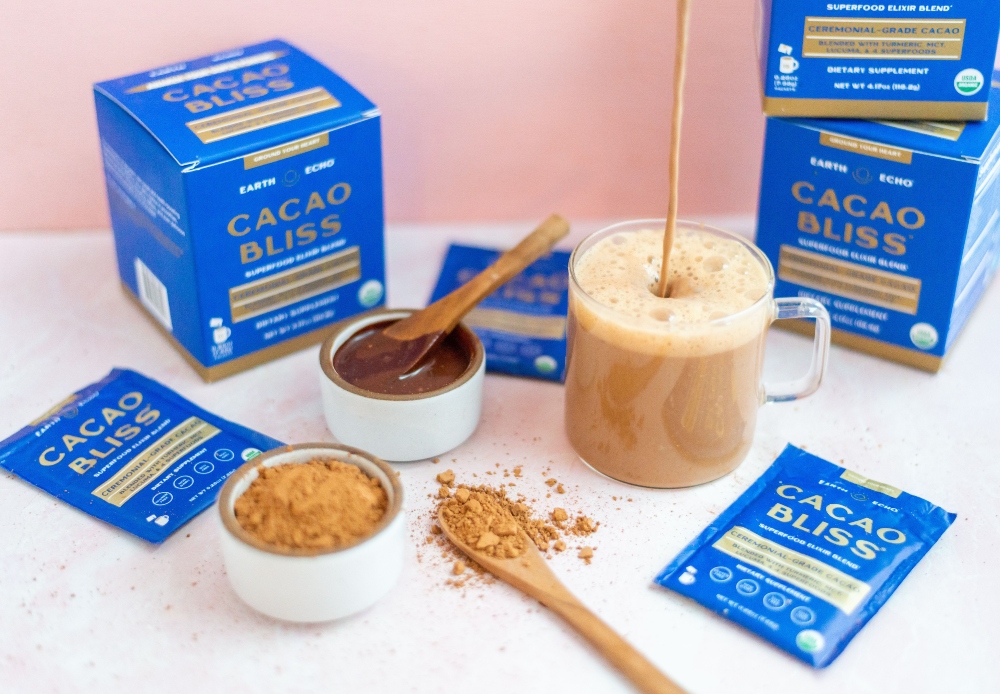 VegNews
VegNews
Tapping chocolate’s superfood benefits
There are a few ways to deliver chocolate’s superfood benefits. Just like the Mayans, people still love to drink it (in fact, the hot chocolate market is worth more than $3.2 billion globally). So that’s why Earth Echo offers its own version of a drinking chocolate blend, called Cacao Bliss. The low-calorie, sugar-free chocolatey powder also combines several whole foods, and nutritious “superfood” ingredients like turmeric, black pepper, cinnamon, monk fruit, and coconut nectar with the cacao.
But, of course, people still love to reach for something sweet to eat. In 2021, a OnePoll survey found that nearly half of US consumers opt for chocolate when they’re having a bad day. So Earth Echo also makes its own range of chocolate bites, which give the same dose of chocolatey satisfaction, but with all the health benefits of raw ceremonial-grade cacao.
The latter is a minimally processed form of cacao, which stays true to the ingredient’s roots, as it’s made with Central and South American beans. It’s also “the highest grade of cacao available,” according to May. “It’s made up of the purest, most potent parts of the cacao bean. Unlike the chocolate we tend to find in grocery stores, it’s minimally processed, and contains no added sugar or dairy or other ingredients.”
Over the years, chocolate has been called many names. It’s been a “naughty indulgence,” “wicked,” and even labeled “sinful” by some. But thanks to many emerging brands, this centuries-old treat is getting a 2023 wellness makeover. Now, when you reach for the cacao, you can feel satisfied that you’re doing yourself, and your body, a real service. Get snacking.
Thank you to Earth Echo for supporting independent media and partnering with VegNews on this story. Want to try their vegan chocolate? Use code VEGNEWS for a VIP discount!



